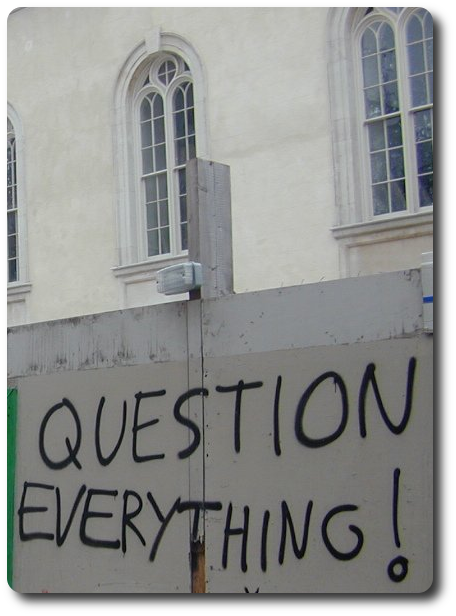

THE LITIGATION climate the US became renowned/notorious for is no more; at least as far as patent litigation is concerned. As we said yesterday, a lot of the litigation drifts eastwards to Europe and China, owing to patent maximalism at the EPO and SIPO. It's estimated that this year -- by year's end -- the USPTO will have marked a decline in patent filings.
"We are sadly seeing a failure to reject software patent applications, which eventually perish somewhere like the Federal Circuit or Patent Trial and Appeal Board (PTAB) — at a vastly higher cost!"The improving patent quality is good news; it's bad news to lawyers, but they're just a tiny minority or a non-producing, unproductive niche. Based on yesterday's advertisement of an upcoming "webinar" of theirs, they're trying to come up with new patenting tricks (getting patents on what otherwise would get rejected). The Practising Law Institute (PLI), a patent maximalists' group, will cover "35 U.S.C. Sections 101/102/103" and "35 U.S.C. 101: The Complete Guideline Breakdown of Alice, Myriad and Mayo" (basically what places restrictions on abstract patents). There's also this upcoming "webinar" about rejections and the Intellectual Property Owners Association (IPO), which acts as a front for IBM in promoting software patents, has this "webinar" about patents on nature/life. IBM's Manny Schecter has meanwhile said: "Inventions can be implemented in hardware or software; both should be patentable" (in the US).
"Watch this new list of newly-granted patents; some of them sound like classic software patents. We already know that such patents, even if granted by the patent office, may perish in courts (or even PTAB).""Software requires hardware (i.e. non-physical) to run," I told him, "so focus on the hardware, leave abstract patents out..." (he never replies)
We are sadly seeing a failure to reject software patent applications, which eventually perish somewhere like the Federal Circuit or Patent Trial and Appeal Board (PTAB) -- at a vastly higher cost!
The other day we became aware of this new lawsuit by USAA [1, 2]. The underlying patent sure sounds like a software patent. To be invalidated soon? Here are the details:
USAA has filed an intellectual property lawsuit against Wells Fargo for unspecified damages, alleging Wells has infringed on USAA’s remote deposit capture patents.
More than a year ago, San Antonio-based USAA, which says it is the inventor of remote deposit capture, started to seek licensing fees from banks using the technology.
“We’ve been abundantly patient with Wells Fargo,” Nathan McKinley, a USAA vice president and its head of corporate development, said in an interview Friday. “Now is the time for us to get the court's assistance."
20/20NOW, the pioneer and innovator of Ocular Telehealth, has initiated legal action and other efforts to protect its patents against infringement. 20/20NOW has filed a lawsuit in New York Eastern District Federal Court against Digital Optometrics, claiming infringement of 20/20NOW's intellectual property. The company also intends on filing for a Post Grant Review of Digital Optometrics Patent with the U.S. Patent Office. The company is confident that the recently issued Digital Optometrics Patent will be found invalid.
Depending upon the reason behind your need to hand your software to someone else, you may wish to take measures to protect your intellectual property. Patents can be used to protect the factual aspects of software, while software copyright can be used to protect the “artistic” side of things, including your code. While handing your code to another party is a relatively common behavior in the software world, it never hurts to be prepared, to be aware of the risks and to protect yourself throughout the process.